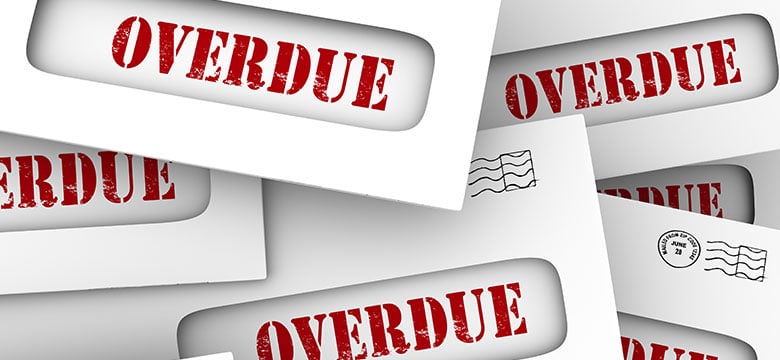Get Your 100% Free
Debt Relief Consult
Is Credit Card Consolidation Right for You?

Now that the holidays are over, many of us are left struggling to pay our bills. It is yet another reminder of how massive debt can crush your spirits and cripple your finances. If you’re like many Americans who find themselves with credit card payments that exceed their monthly paycheck amounts, you may want to look into credit card consolidation. There are a number of credit card consolidation options available, depending on the amount of money you owe, your credit score, and other factors, but each has its own risks and potential rewards.
If you’d like to learn more about credit card consolidation, review the list below or call an Ohio debt consolidation lawyer at Luftman, Heck & Associates. We have helped numerous Ohioans squash their debts, and we offer a free, initial consultation so we can discuss what may work for you.
Call our office today at (888) 726-03181 or contact us online.
Five Choices for Credit Card Consolidation
1. Use a balance transfer credit card.
Transferring the balances of several credit cards onto one card will certainly cut down on the number of payments you make each month. What’s more, certain credit cards will offer balance transfer perks, such as a low or even a zero percent introductory interest rate. The rate can last from three months to as long as a year, giving you a break from high-interest rates and allowing you to pay your balance down even further. Credit card balance transfers are generally beneficial if you don’t have a huge debt – the amount of credit you receive is based on your credit score, so if your number isn’t very high, you may not receive a credit limit large enough to tackle significant debt.
2. Take out a personal loan.
For anyone with debt in the thousands or even tens of thousands, a personal loan could be a good option. Banks usually can offer a higher credit limit than a credit card. Like a credit card, the bank will run your credit score numbers to determine the amount you can borrow, so this can work against you if your credit rating is poor. Banks can also be stricter than credit card companies and could outright reject your application if they don’t think you’re a good candidate for a loan.
3. Borrow from your 401(k).
While you are not able to actually withdraw funds until you reach the age of 59 1/2, many employees do have the option of taking a loan against their 401(k). This is advantageous because you are borrowing from yourself, so there are no credit checks, and you pay yourself back without interest. The obvious downside is that you are taking money from your retirement plan, which could slow its growth. Additionally, if you are unable to pay yourself back, you will be taxed on the unpaid amount, and you could incur an early withdrawal penalty if you have not reached retirement age.
4. Apply for a home equity loan.
Homeowners may be able to borrow money against the equity in their home; often these loans have a fairly low-interest rate, making them an ideal option for credit card consolidation. But it’s important to remember that your house is used as collateral for your loan, so if you can’t pay it back, you run the risk of losing your home.
5. Get help from a credit card consolidation company.
Non-profit consumer credit counseling companies can be valuable resources for people struggling with debt. These companies can work with your creditors, lowering your interest rates and consolidating all your debt so you can make one payment per month. Credit counselors also offer education and advice to help their customers remain debt-free. If this sounds like a good option for you, be sure to do some thorough research first – many of these companies charge upfront fees as well as a monthly fee, which can be hard to swallow if you’re already struggling with your bills. Additionally, some credit counseling companies are simply scammers looking to take advantage of people in a vulnerable state. These companies will take your money and simply pocket it, leaving you to deal with the unpaid credit debts and penalties.
Discuss Your Options with An Ohio Debt Consolidation Lawyer
Credit card consolidation is certainly possible, but there are a lot of options to choose from. Before you delve into one, consider talking to a debt consolidation lawyer first. The legal team at Luftman, Heck & Associates are happy to help. We can look over your debts and discuss what may work best in your situation. To speak to one of our attorneys, go online or call (888) 726-03181 and arrange your free consultation.
